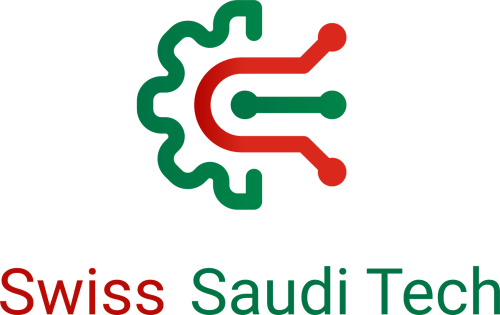Advancements in Energy Efficiency and Public Transportation through Smart Tech
Revolutionizing Urban Planning with Smart Technology
Swiss Smart Urban Planning are setting a global standard by seamlessly integrating smart technology to enhance energy efficiency and revolutionize public transportation systems. This initiative reflects Switzerland’s commitment to sustainable development and its proactive approach to incorporating advanced technologies in urban management. The use of Internet of Things (IoT) sensors, artificial intelligence (AI), and other smart systems allows for more precise management of city resources, reducing waste and optimizing energy use.
Energy efficiency in Swiss urban centers is achieved through sophisticated smart grids and renewable energy integrations, which adjust energy consumption based on real-time data. This not only lowers costs but also significantly reduces the environmental footprint of cities. Similarly, public transportation in Switzerland has been transformed by smart technologies that improve timing systems, reduce congestion, and enhance passenger experience through apps that provide real-time updates and route optimization.
The implications of these advancements are profound for business executives and urban planners worldwide. By adopting Swiss methodologies, they can enhance operational efficiency and sustainability in their own cities. This approach not only meets the demands of an increasingly environmentally conscious consumer base but also aligns with global sustainability goals, positioning these cities as leaders in urban innovation.
Enhancing Public Transportation with AI and IoT
Swiss urban planning excels in its use of AI and IoT to elevate public transportation networks. By integrating these technologies, Swiss cities are able to offer highly efficient and punctual transit services, setting a high standard for public transport globally. AI algorithms optimize traffic flow and manage scheduling, while IoT devices provide critical data that keeps the transit system adaptive to real-time conditions and passenger needs.
This tech-forward approach not only improves daily commutes for residents but also attracts businesses looking for efficient, sustainable locations for their operations. Companies that prioritize environmental and operational efficiency find Swiss cities to be ideal hubs due to their advanced public transportation systems. Moreover, the reliability and efficiency of these systems make them attractive to potential employees, enhancing workforce mobility and satisfaction.
Leadership in transit management also involves continuous improvement and innovation—key principles in Swiss urban development. The ongoing investment in technology solutions signifies a commitment to maintaining leadership in urban transport efficiency, making Swiss cities exemplars in sustainable urban mobility.
Building Energy-Smart Cities: The Swiss Model
The Swiss model of smart urban planning includes a comprehensive strategy for building energy-smart cities. Central to this strategy is the integration of building management systems that utilize AI to monitor and control energy usage, significantly increasing efficiency while reducing costs and carbon footprints.
These systems are part of a broader move towards creating ‘smart buildings’ that can autonomously adjust lighting, heating, and cooling based on occupancy and weather conditions. The benefits of such advancements extend beyond environmental impact—they also offer substantial economic advantages by lowering energy costs and increasing property values.
Additionally, the Swiss focus on sustainable building practices is supported by stringent regulations and incentives that encourage developers to adopt green technologies. This regulatory environment, combined with a culture of innovation and sustainability, drives continuous improvement in the sector and positions Switzerland as a leader in smart, sustainable urban planning.
Integrating Blockchain for Enhanced Urban Efficiency
Another key element in Swiss urban planning is the use of blockchain technology to improve efficiency and transparency in city management. Blockchain systems are employed to manage everything from land registration and building permits to waste management and water supply, ensuring that all processes are transparent and secure.
This use of blockchain not only streamlines administrative processes but also builds trust among residents and businesses by providing a clear, immutable record of governmental actions. The transparency afforded by blockchain is particularly valuable in areas such as public spending and contractual obligations, where accountability is crucial.
For urban planners and city managers, the Swiss example provides valuable insights into the potential of blockchain to enhance the efficiency and transparency of city management. By incorporating this technology, they can achieve greater public trust and operational efficiency, which are essential for the successful administration of modern cities.
#SwissUrbanPlanning, #SmartCities, #SustainableDevelopment, #PublicTransportInnovation, #EnergyEfficiency, #AIinUrbanPlanning, #IoTinPublicSector, #BlockchainInGovernment, #LeadershipInUrbanDevelopment, #ProjectManagementExcellence











